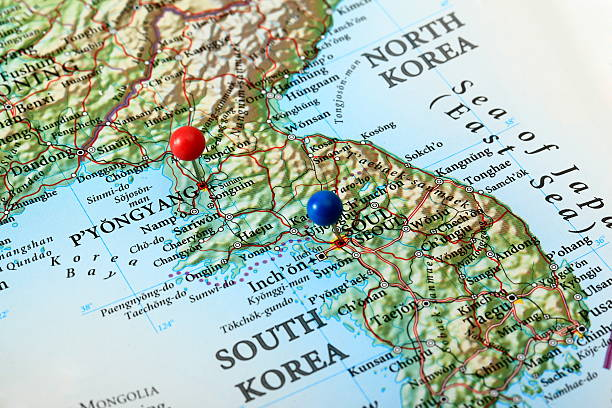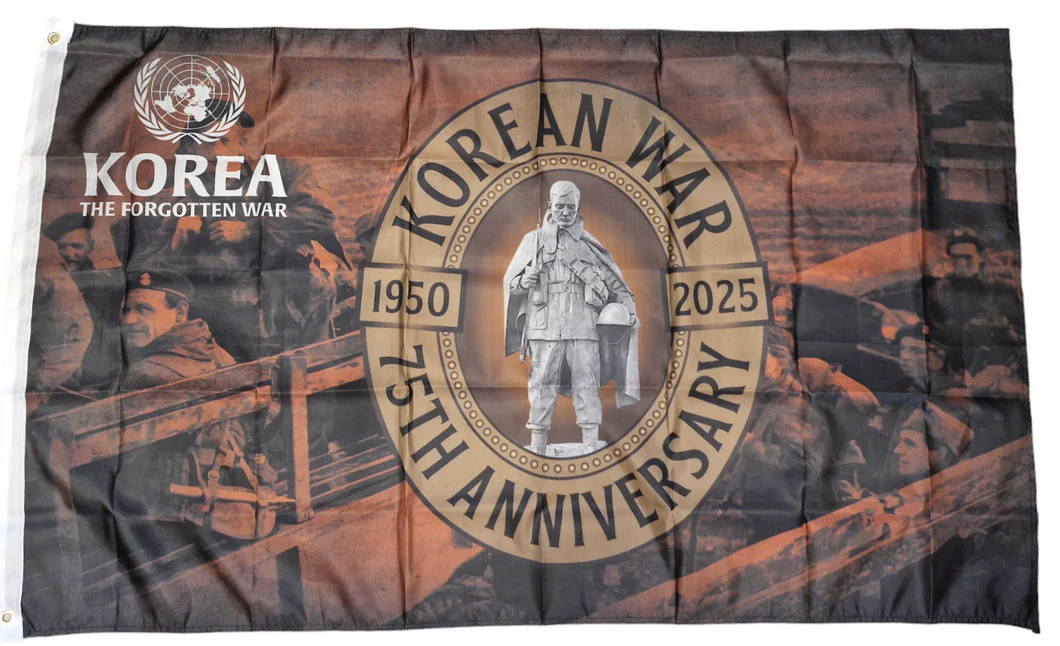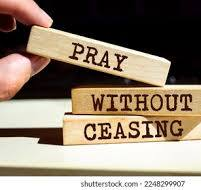Peace Education: Where and How to Start Again. The Now/Here Catholic website reported on a regular Symposium of the National Reconciliation Committee of the Bishops' Conference. A few of the statements made during the conference are reproduced to give some understanding of this important issue for Korea.“All discourses and practices on peace always implicitly presuppose overcoming specific forms of violence. For this reason, peace cannot fully realize its meaning without the background of violence.... In this way, the analysis of violence becomes the foundation for creating the specific content of the concept of peace, and conversely, planning for peace always presupposes the presence of specific violence and the possibility of its transformation.”
During the symposium, two professors presented their positions. The first presenter, who spoke about Conflict Psychology and Peace Education—From Conviction to Doubt: Reconstructing Peace Education on the Korean Peninsula, started from the awareness of the problem that uncritical convictions about peace can harm peace.
He emphasized peace education should not be an absolute belief or a dogmatic moral declaration but a process of doubt, debate, exploration based on specific reality, and inner reflection. He also said that in order to properly talk about peace, it is necessary to ask and answer about particular violence.
The ethics that peace education should pursue are not self-confidence but self-reflection. Rather than trying to enlighten others from the position of ‘teaching peace,’ it is necessary to acknowledge that we are also part of the violent structure and need to create a new imagination with the community.
In a situation where peace is complex and diverse, a single definition of peace and confidence in it becomes the first challenge that peace education faces. If there is no social consensus on ‘what is peace,’ peace cannot be taught.
The second challenge is that various concepts of peace combine with the ethical absoluteness of peace. He explained that “peace is an open and controversial concept, but at the same time, it has strong social moral legitimacy in that ‘peace must be pursued’”, and “it puts us in a paradoxical situation where we must teach something that is not clearly defined.”
The tendency of peace education to preach about social issues based on moral superiority and education that demands individuals become ‘better people’ can only deepen learners' sense of helplessness. He also pointed out specific rules, principles, and methodologies for peacebuilding that are independent of cultural, historical, and geopolitical contexts.
“This approach oversimplifies the complex dynamics of conflict and multi-layered ethical dilemmas in the real world and runs the risk of becoming a dogmatic approach that assumes only a single ‘correct answer.’” “A perspective that focuses on the specific aspects, operating mechanisms, and conditions of occurrence of ‘violence’ on the other side, rather than the concept of peace itself, is needed.”
He explained, “Peace is inherently a concept that is subject to various interpretations and is controversial, while at the same time tending to be normatively absolutized, while violence has more specific forms and operating methods, and is a phenomenon that can be empirically analyzed according to social and political contexts.” “First, understanding the specific aspects of violence and dismantling its operating structure can serve as a more solid foundation and starting point for practicing peace.”
Therefore, proper peace education should not indiscriminately spread the abstract and generalized ideal of 'peace' but should aim for critical recognition and response to specific forms of violence experienced in specific times and spaces. "This means that the content, goals, strategies, and methodology of peace education should fundamentally vary depending on the nature of the conflict, historical context, and sociopolitical conditions faced by the society in question."
The second presenter wanted participants to understand, "to educate about peace, it is necessary to know the specific forms of violence and the social, historical, and cultural contexts."
He emphasized, "In order to understand and educate about peace, it is necessary to know the specific forms of violence and the social, historical, and cultural contexts." 'To whom, from what violence?'
With this awareness of the problem, he asked the questions, 'What is the specific violence we face in the context of the Korean Peninsula?' and 'To whom, from what violence, does peace on the Korean Peninsula mean liberation and freedom?' He looked into the structure of violence on the Korean Peninsula with a ‘social psychological approach’ to reveal the violence of its division.
The violence of division on the Korean Peninsula can be seen not only in the military confrontation or political tension between the South and the North, but also in the specific psychological structure, way of thinking, emotional types, and behavioral patterns created in the process of interpreting and internalizing external situations. “This social psychological approach naturally corresponds to the basic orientation of peace education, which aims to change individuals’ perceptions and reflectively realize internalized violence.”
From this perspective, he discovered that the collective psychological structure and method of Korean society's recent response to the COVID-19 pandemic are surprisingly similar to those during the Korean War.
The main socio-psychological characteristics that emerged from the endless war that has continued for over 75 years, and the COVID-19 pandemic were “security-centeredness and internalization of control, suppression of diversity through the absolutization of internal unity, assumption of the enemy and personal stigmatization, and justification of structural sacrifice.” “This psychological mechanism of justification is the core reason why we cannot recognize the structural violence of division.”
“An important prerequisite for peace education on the Korean Peninsula is not to find the cause of the division of violence in others, the system, or ideological conflict (progressive vs. conservative), but to recognize and reflect on the violence inherent in oneself, and the painful process of realizing that one is unconsciously participating in the maintenance and reproduction of violence, becoming conscientized, should be the starting point of true peace education.”
Finally, he said, “Peace education should not simply teach ‘what is right,’ but should make people ask— ‘what is right?’” and suggested specific practical strategies for peace education on the Korean Peninsula.
This is “a gradual and step-by-step approach that combines experience and reflection, a balanced presentation of various narratives and perspectives, a balanced development of empathy and critical reflection, expanding peace education beyond the school’s sole task to a social project, and strengthening and supporting the capacity of educators.”






